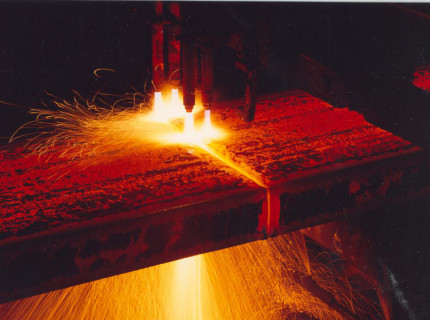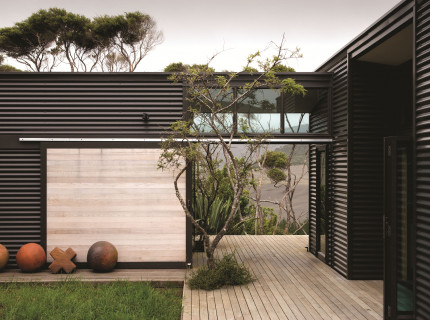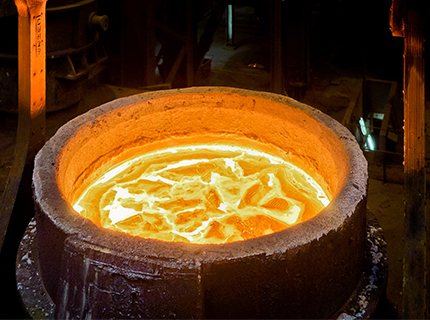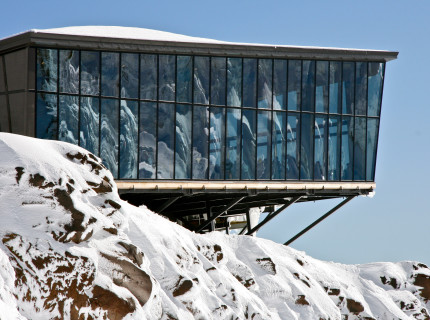Modern steel plants, such as New Zealand Steel, now produce a vast array of sophisticated steel products that find use throughout society. Steel is simply a purer form of iron with lower carbon content. The capabilities of steel manufacturing are always improving. In the past, the industry produced a limited product range, but today it produces a diverse and innovative range of pre-engineered steel products to meet the demands of the ever changing built environment. The use of recycled steel scrap continues to be integral to our steel manufacturing process and there is recycled content in all our various
steel products.
New Zealand Steel has made recycling gains through creation of a significant by-products industry (referred to as co-products), in line with its commitment to reuse materials and reduce disposal of residual materials (waste). About 500 kilograms of co-products are produced per tonne of crude steel. These are on sold as valuable raw materials for other industry and the steel aggregate products offset the need for quarrying natural materials. Currently New Zealand Steel reuses or recycles around 80% of the non-steel material uprisings. Co-products from iron and steelmaking slag are used for road surfacing, soil conditioning, sports field drainage, and sand blasting and filtering in wastewater treatment.
Major improvements have also been made in energy efficiency through cogeneration where New Zealand Steel produces up to 70% of its own electricity requirements. All wastewater and stormwater is treated to a high environmental standard before discharge or recycling. Of the total volume of water in the steel mill's water circuits less than 1 percent is discharged to the Waiuku Estuary each day. The remaining water is recycled and recirculated to conserve this natural resource.



